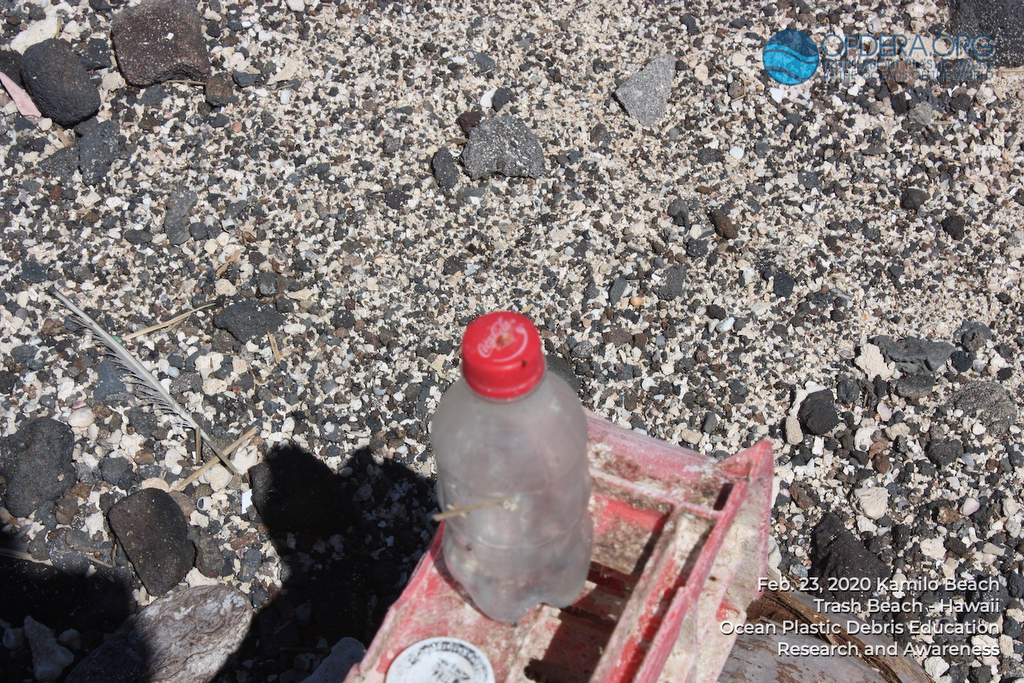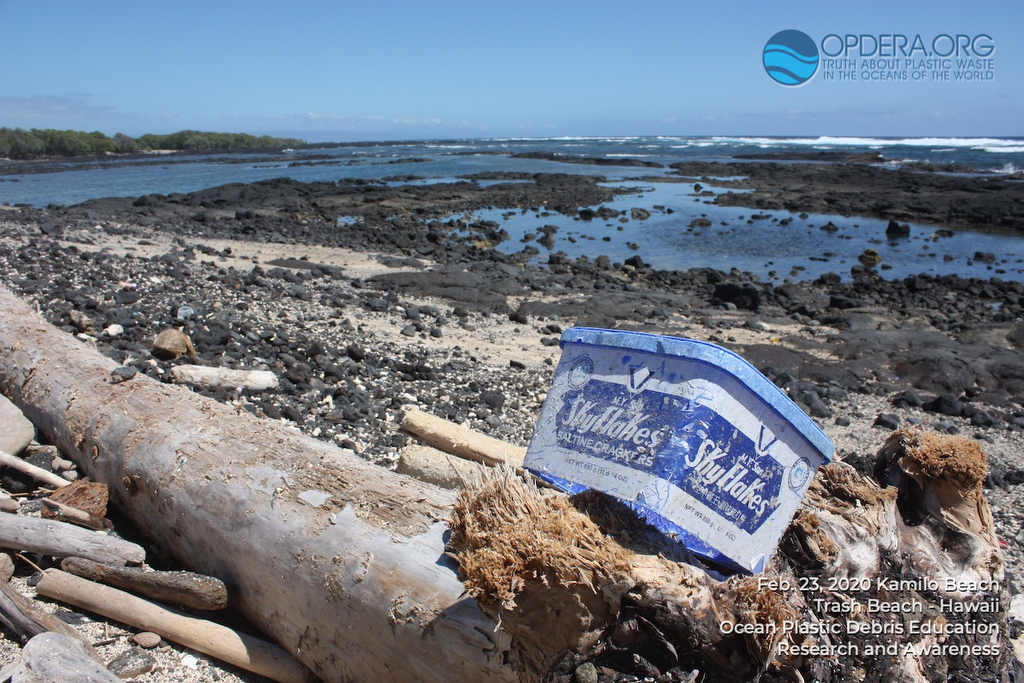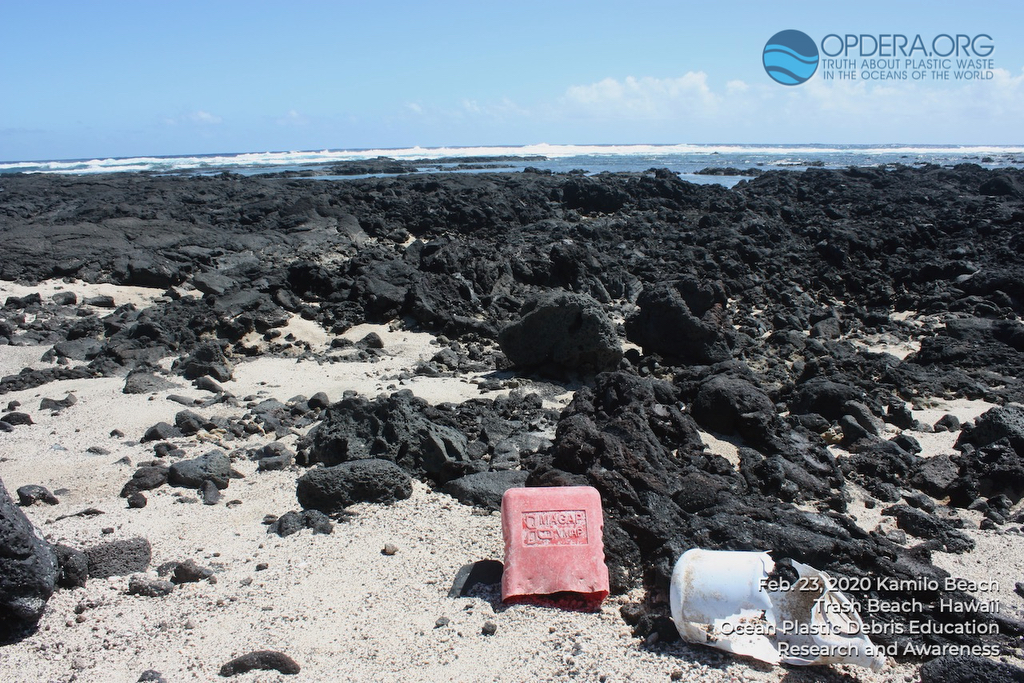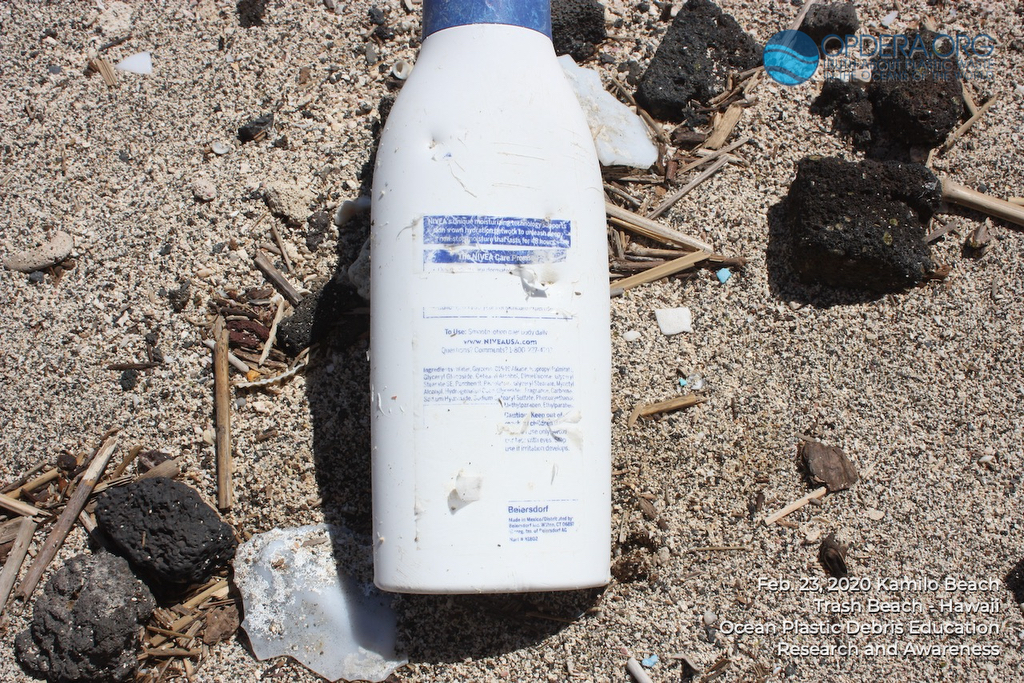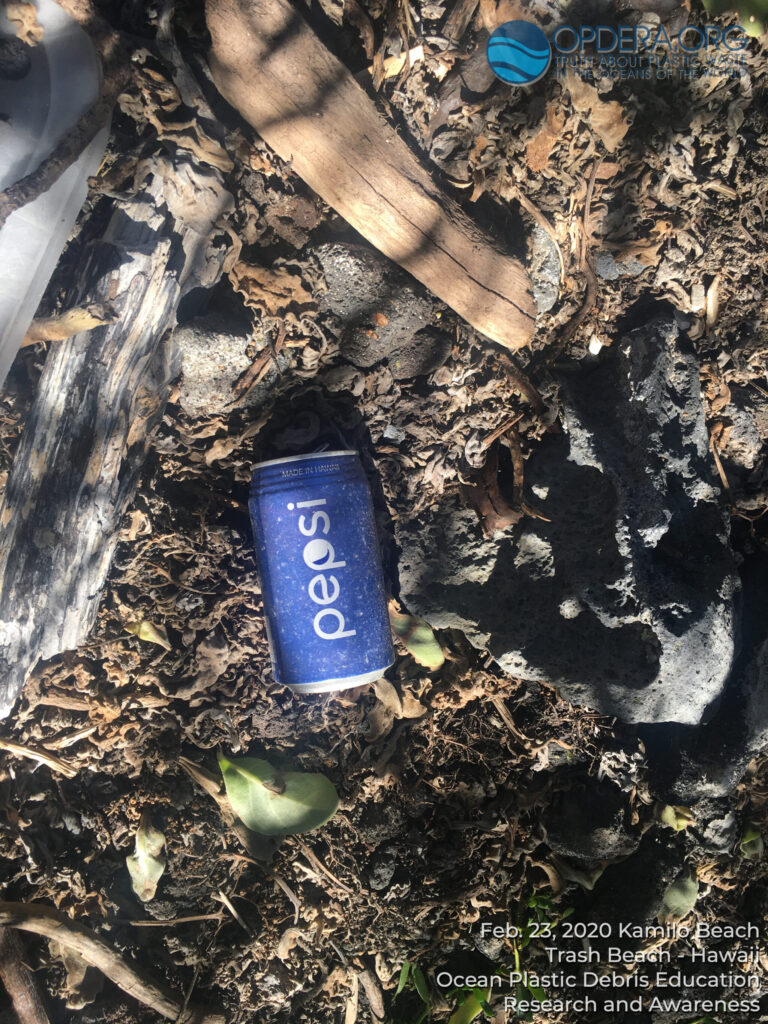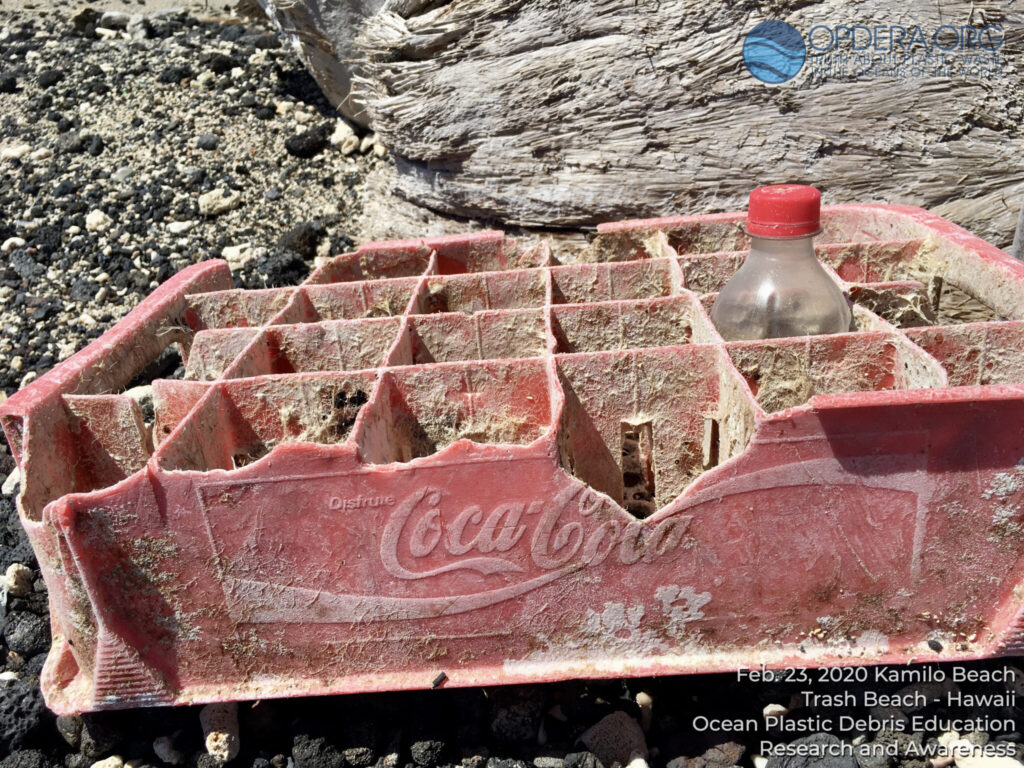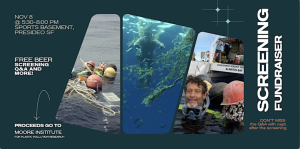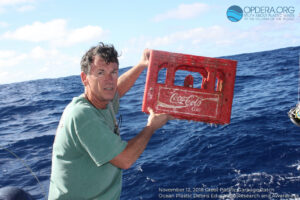
Kamilo Beach, on the big island of Hawaii, is known globally as Trash Beach. 
Kamilo Beach, on the big island of Hawaii, is known globally as Trash Beach. 
Kamilo Beach, on the big island of Hawaii, is known globally as Trash Beach. 
Kamilo Beach, on the big island of Hawaii, is known globally as Trash Beach. 
Kamilo Beach, on the big island of Hawaii, is known globally as Trash Beach. 
Kamilo Beach, on the big island of Hawaii, is known globally as Trash Beach. 
Kamilo Beach, on the big island of Hawaii, is known globally as Trash Beach. 
Kamilo Beach, on the big island of Hawaii, is known globally as Trash Beach.
A lawsuit filed in California this week calls out big plastic and names big brand offenders. The lawsuit names big petroleum companies and brand names that are the largest contributors to plastic waste. The filing clearly articulates the disinformation and propaganda campaign to mislead consumers about recycling and demands compensation necessary to clean up the environmental disaster created by the plastic industry. Here are some excerpts from the lawsuit filed in California this week:
The parties of the suit and the Allegations are:
Earth Island Institute,
Plaintiff,
vs.
Crystal Geyser Water Company,
The Clorox Company,
The Coca-Cola Company,
Pepsico, Inc.,
Nestle USA, Inc.,
Mars, Incorporated,
Danone North America,
Mondelez International, Inc.,
Colagate-Palmolive Company,
The Procter & Gamble Company,
And DOES 1-25, inclusive,
Defendants.
Factual Allegations:
“A. Defendants created the condition of plastic pollution, which is extraordinarily harmful to humans, animals, and the environment.
B. As Defendants have known for decades, recycling by itself cannot prevent plastic pollution from damaging oceans, waterways and coasts.
C. Defendants refuse to adopt more sustainable alternatives in order to reap higher profits resulting from using virgin plastic.
D. Defendants’ decades-long campaign of misinformation about the Products’ recyclability puts the cost of plastic pollution on consumers and public entities.
E. Earth Island Institute, its members, and the public have and will continue to incur significant harm to economic, property, recreational, and aesthetic interests.”
Furhter information in the suit as filed with the California court states that “A significant portion of oceanic plastic pollution can be traced back to just a handful of major companies who use extensive plastic packaging, much of it single-use, for their products (“Products”) which infiltrate marine environments.”
“The audit identified the 10 companies most responsible for plastic pollution as: Coca-Cola, Nestle, PepsiCo, Mondelez International, Unilever, Mars Incorporated, Procter & Gamble, Colgate-Palmolive, Phillip Morris International, and Perfetti van Melle (in descending order).The top three contributors-Coca-Cola, PepsiCo, and Nestle-are linked to 14% of global oceanic plastic pollution”
“Defendants have created the condition of plastic pollution in California’s coasts and waters 1) by refusing to switch to more sustainable materials in order to reap higher profits from cheap, virgin plastic, 2) engaging in a campaign of misinformation about the true causes of plastic pollution and viable solutions for mitigating its effects, 3) and deceptively maintaining consumer loyalty and demand for Defendants’ Products by falsely advertising the Products’ recyclability. Defendants reap in billions in profits, while public and nonprofit organizations such as Earth Island Institute spend billions in public and charitable funds to mitigate the effect of plastic pollution on humans, wildlife, oceans, and waterways.”
“Defendants have received extensive criticism for their contribution to the plastic waste crisis. For instance, Defendants Coca-Cola, Pesi and Nestle have been repeatedly mentioned in recent news coverage as the top three brands found during beach cleanups around the world. At the April 2019 conference of the Plastic Industry Association, Garry Kohl of PepsiCo said to his fellow members: ‘All we hear is ‘you’ve got to get rid of plastics.’ John Caturano of Nestle Waters North America said at a conference in March 2019: ‘The water bottle has, in some way, become the mink coat or the pack of cigarettes.’ ‘It’s socially not very acceptable to the young folks, and that scares me.’ “
“Furthermore, Defendants tout their ‘recyclable’ consumer Products to the public but fail to mention that they opt to use cheap virgin plastic in their supply chain rather than recycled plastic. For example, 91% of the plastic packaging Coke uses annually is made from virgin plastic. This fact is conveniently left out of promotional materials about Cokes ‘recyclable’ plastic bottles. Others are even worse: more than 99% of Unilever’s plastic package was made virgin plastic in 2019, while Nestle used 98%.”
“Defendants heavily marketed, promoted, and advertised the Products in plastic packaging, which were sold by their respective affiliates and subsidiaries. Defendants received direct financial benefit from their affiliates’ and subsidiaries’ sales of the Products. Defendants’ role as a promoter and marketer was integral to their respective businesses and a necessary factor in bringing plastic packaged products, especially single use plastic, to the consumer market, such that Defendants had control over, and a substantial ability to influence, the manufacturing and distribution process of their affiliates and subsidiaries.
Throughout the times at issue, Defendants knew or should have known, based on information available to them from their affiliates and/or from the scientific community, that plastic packaged, whether used as intended or misused in a foreseeable manner, inevitably causes the toxic and devastating ocean and marine life impacts as described above.”
“Throughout the times at issue Defendants individually and in concert widely disseminated marketing materials, refuted the generally accepted scientific knowledge at the time, and developed public relations campaigns that prevented reasonable consumers from recognizing the risk that plastic packaging would cause grave harm to waterways, coasts, and marine life, thus undermining and rendering ineffective any warnings that Defendants may have also disseminated.”
“Throughout the time at issue, Defendants’ Products have not performed as safely as an ordinary customer would expect them to because the plastic packaging in the Products has numerous global and local impacts on waterways, coasts, oceans, and marine life. In particular, ordinary consumers did not expect that:
a. More than 90 percent of plastic packaging is not and cannot be recycled, and inevitably becomes waste;
b. Plastic is now found throughout the ocean and in most marine life;
c. The majority of the plastic in the oceans is from plastic packaging, much of it single-use;
d. Plastic will never biodegrade, and instead breaks down into smaller and smaller pieces called microplastics;
e. For these reasons and others, the unmitigated use of plastic packaging presents significant threats to marine environments and marine life, and those that enjoy and utilize these resources.”
“Additionally, and in the alternative, Defendants’ Products are defective because the risks they pose to consumers and to the public, including and especially to Plaintiff, outweighs their benefits.
a. The gravity of the potential harms causes by plastic packaging is extreme. Plastic pollution and its attendant harms to waterways, coasts, oceans, and marine life are guaranteed to occur following the use or foreseeable misuse of the Products because plastic is inherently toxic and permanent, and inevitably enters marine environments. Furthermore, the harm from plastic in the ocean will continue for decades even if all plastic production ceased today.
b. The social benefit of placing single-use and other types of plastic packaging into the stream of commerce is vastly outweighed by the availability of alternative packaging options that could have been placed into the stream of commerce that would not have caused the harms described herein. Defendants knew of the external costs of using plastic packaging for the Products and placing them into the stream of commerce. Rather than striving to mitigate those externalities, Defendants acted affirmatively to obscure them from public consciousness.
c. Defendants’ campaign of disinformation regarding single-use and other types of plastic packaging and recycling and the impacts of plastic on waterways, coasts, oceans, and marine life prevents customers, consumers, and the general public from taking steps to mitigate the inevitable consequences of consuming the Products.
d. The costs to society of each ton of marine plastic pollution increases as total global marine plastic pollution increases so that unchecked use and consumption of single-use and other types of plastic packaging is more harmful and costly than moderated use and consumption.
e. It was practical for Defendants, in light of their extensive knowledge of the hazards of placing single-use and other types of plastic packaging into the stream of commerce, to pursue and adopt known, practical, and available alternative technologies and business practices that would have mitigated their contribution to marine plastic pollution, and mitigated the harms associated with the use and consumption of the Products.”
The full document as filed with the California court can be found by clicking here.

